Inside the decadeslong search for justice in the Kristin Smart disappearance
"20/20" looks back at the 1996 case and how Paul Flores was convicted.
It has been 27 years since Kristin Smart went missing after a college party in California, devastating a family and school community.
And even after a former classmate of Smart was finally convicted last October following a tense trial, family members say they still do not have closure.
"We're not happy because we don't have our daughter. We don't know where her remains are," Stan Smart, Kristin's father, told reporters after Paul Flores was sentenced in March to 25 years to life for her murder.
"20/20" takes a look back at the nearly three-decade investigation, criminal trial and the recent conviction of Flores in an episode airing June 23 at 9 p.m. ET on ABC and streaming on Hulu the next day.
The episode will highlight police evidence, archive interviews with the Smart family, court testimony and exclusive interviews with jurors who convicted Paul Flores in October.

Smart, 19, attended an off-campus party at California Polytechnic State University, San Luis Obispo, where she was a freshman, on May 24, 1996, but never returned to her dorm.
Detectives said that some classmates found Smart passed out during the early morning hours of May 25, 1996, and Flores appeared out of nowhere. He claimed to the other classmates that he knew where she lived and offered to help her to her dorm, detectives said.
The other classmates went on their way, and Flores kept walking with Smart, investigators said. That was the last time she was ever seen.
The search for Smart rocked the campus as her friends, roommates, classmates and family feared the worst, especially as days became weeks.
In an interview with "20/20" in 1998, Stan Smart said he and his family kept pushing the authorities to look at every clue they could.
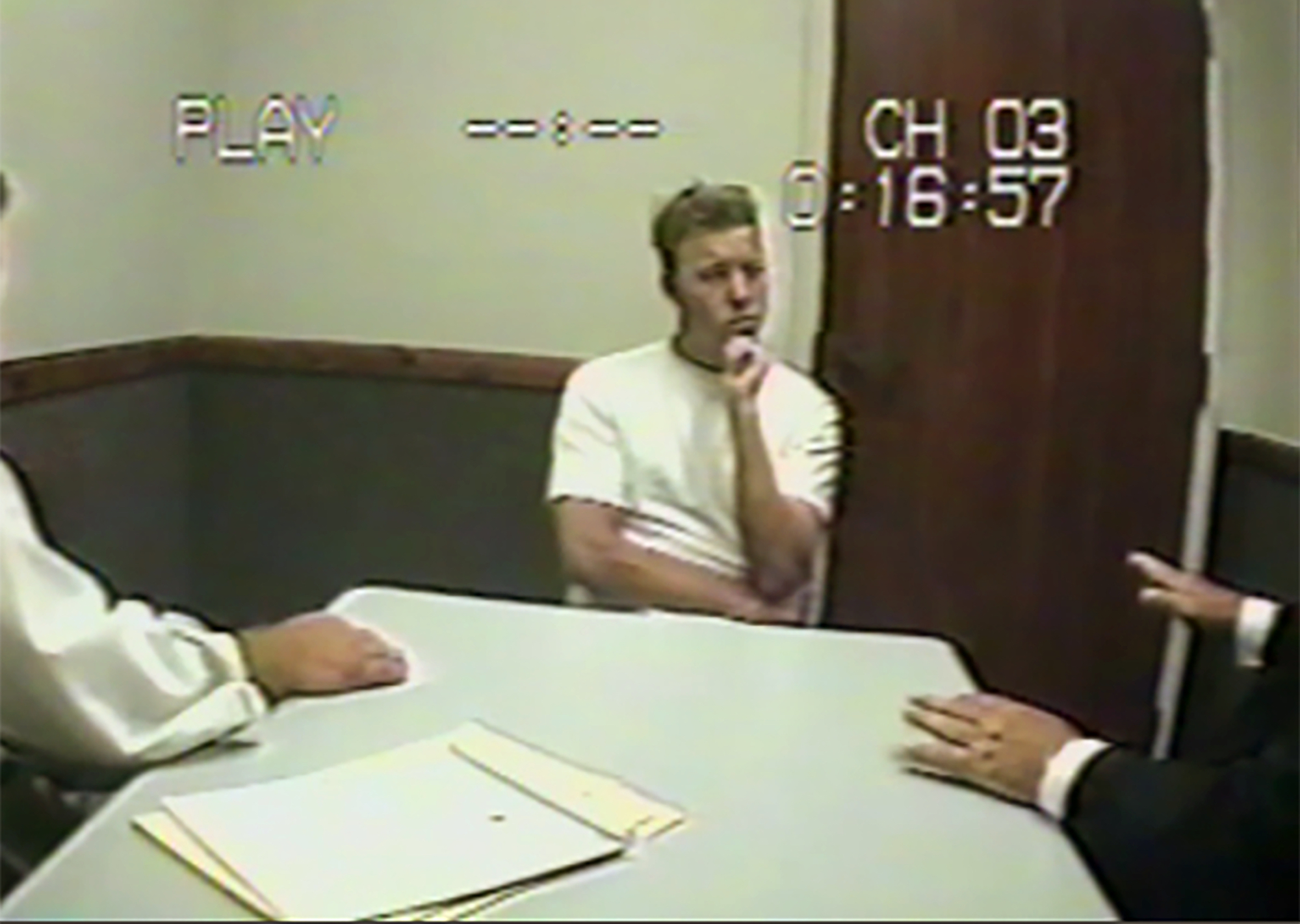
"And [campus police] were saying, 'We've run out of leads, 'And I said, 'No, you have to go back to the last people that saw her alive,'" he said.
When campus cops interviewed Flores they noticed he had a black eye and scrapes on his knee. He told them the injuries were from a basketball game, and claimed Smart walked to her dorm on her own.
"The only thing I remember is she was saying she was freezing," he told investigators.
However, Flores' story became suspicious when investigators checked with his basketball friends, who disputed his claim of getting injured during their game. Flores eventually fessed up about lying about his injuries but still maintained his innocence in Smart's disappearance.
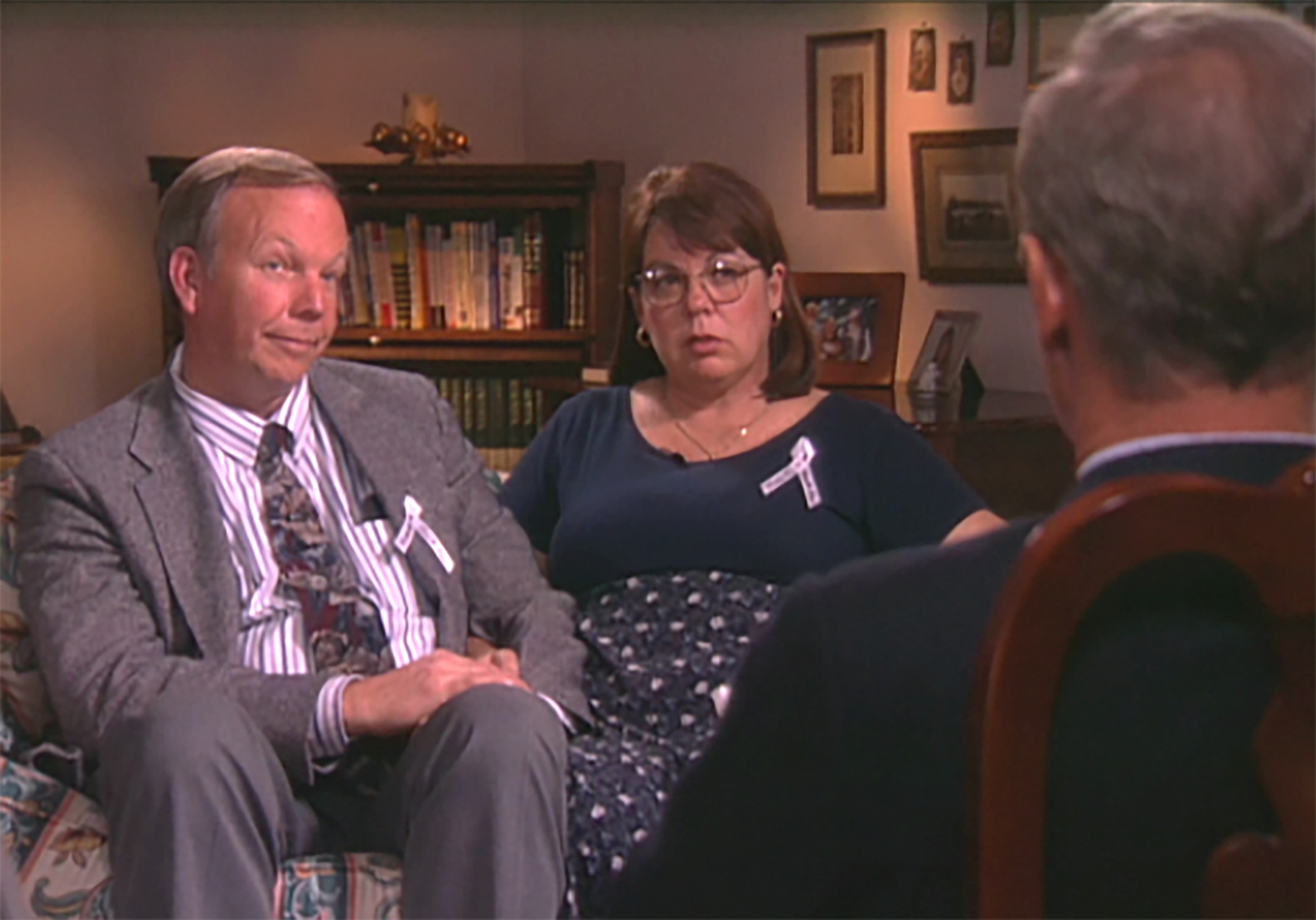
When detectives used a series of cadaver dogs to find the scent of death on campus, the dogs flocked to Flores' bed in his dorm room.
Even though he wasn't initially charged, Smart's family was vocal about their suspicions and pushed the authorities to keep digging.
In 2002, Smart was declared legally dead but investigators kept probing Flores. More than 20 years after Smart's disappearance, investigators got a big break thanks to a podcast.
Chris Lambert launched the series "Your Own Backyard" in 2019, recounting Smart's disappearance, which renewed public interest in the case. San Luis Obispo County Sheriff Ian Parkinson told "20/20" that the series helped to identify additional witnesses and evidence, some of which were not known to investigators.
"Some people are afraid to go to talk to law enforcement because they've either had some negative interaction, or ... because they don't want their name out there," he said. "Chris was a perfect conduit for that."
One of those new witnesses was Jennifer Hudson, who was 16 at the time of the disappearance, and said that she was at a skate park with friends when Flores showed up.
After overhearing a radio commercial asking for the public’s help in finding Smart, Flores allegedly confessed to Hudson that he killed his classmate and hid the body under a ramp in his family's house.
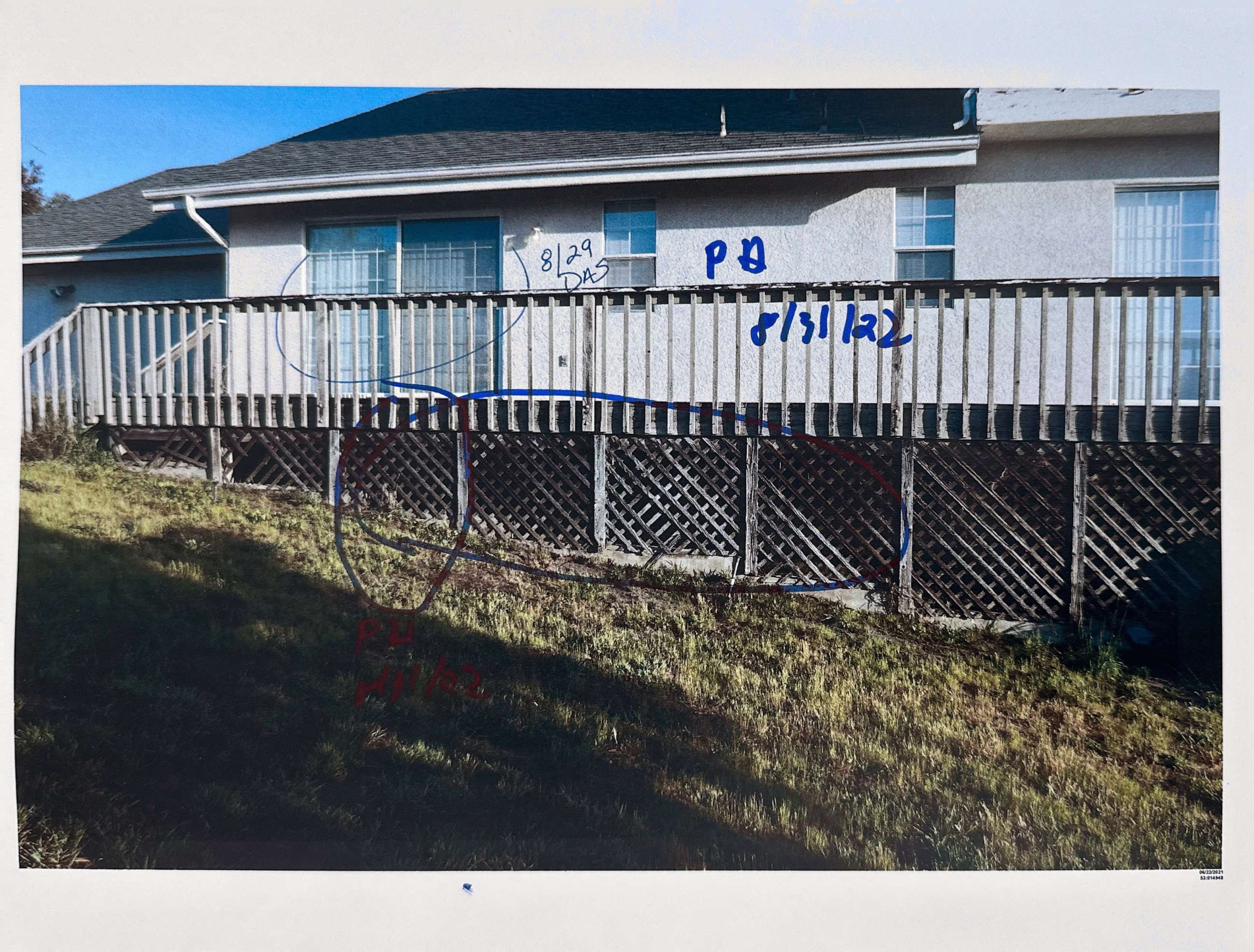
In 2021, police searched the home belonging to Flores' father Ruben. After days of meticulous excavation, they didn't find Smart's body. They did, however, allegedly find human blood and fibers in the dirt that matched the colors of clothing she had been wearing when she went missing.
"It was a very good feeling. It was a bit surreal," San Luis Obispo County District Attorney Dan Dow told ABC News.
Paul Flores was arrested in April 2021 and charged in Smart's murder. His father was also arrested and charged as an accessory to murder, after the fact, accused of helping to cover up the crime.
Both defendants entered pleas of not guilty.
When the case went to trial in 2022, two separate juries sat in the same courtroom to deliberate on the separate charges filed for the father and son.
Prosecutors presented their evidence and the witnesses, including Hudson, to make their case.
In addition, two women, who were referred in court as Rhonda Doe and Sarah Doe, testified anonymously that they woke up to Paul Flores having sex with them --without their consent-- after having passed out, allegedly after getting a drink from Paul.
The defense claimed their testimony was irrelevant and at trial reminded the jury that Paul Flores was not charged with these alleged crimes.
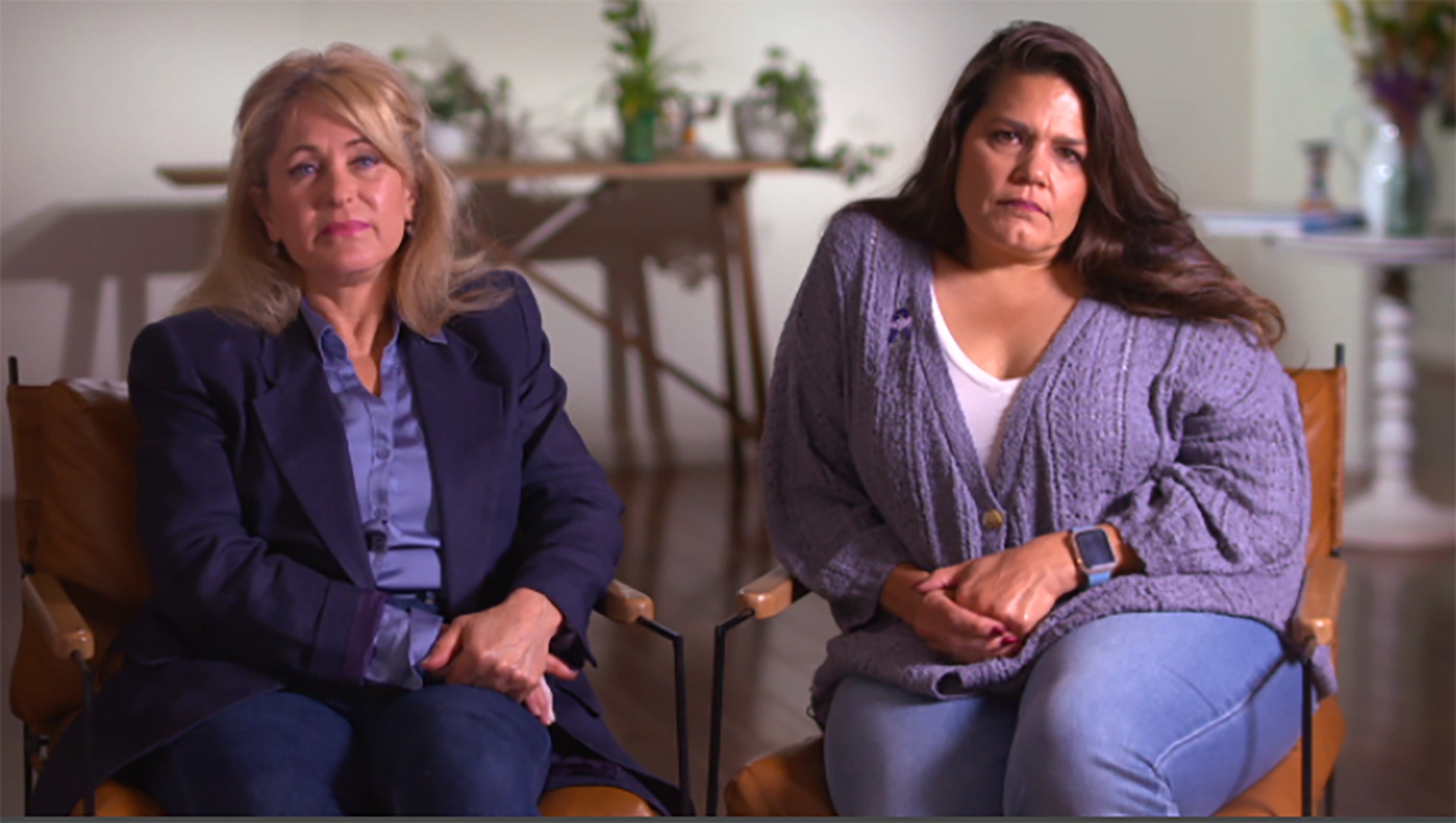
Defense attorneys contended that investigators' arguments were weak, especially since Smart's body was never found on the property, or anywhere else.
"There's no objective physical evidence, none," Harold Mesick, Ruben Flores’ attorney, said.
Two of the Paul Flores jurors, however, told "20/20" in exclusive interviews that the evidence and testimony they saw in court pointed to one conclusion, that Paul Flores was responsible. The jurors asked "20/20" not to use their names.
"It sure would've made life easier if the body was there," Juror 209 said. "I didn't need it to make the conviction."
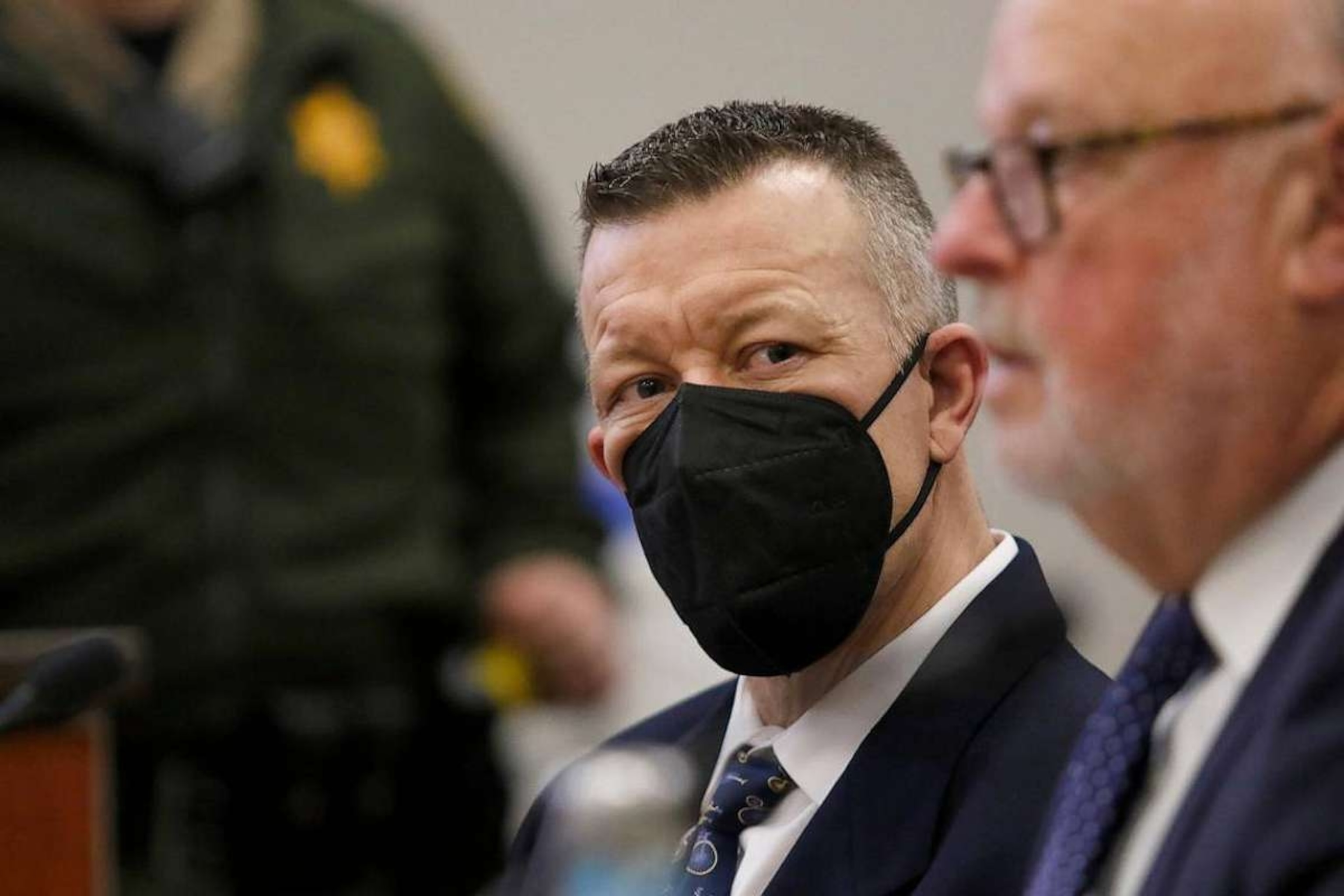
Juror 174 told "20/20" that she found it convincing that the cadaver dogs, in Flores’ dorm room, hit on his bed. The jurors also said they paid attention to Paul Flores' behavior and body language when he was first questioned by police on video tape.
The testimony of the Does also played a role in the jury's verdict, she said.
"We realized that he was not upstanding ... because you want to know if this was an accidental horrible incident, or was he a predator? And he was a predator," Juror 174 said.
Paul Flores was found guilty of first-degree murder while Ruben Flores was acquitted of his charges, on October 18, 2022.
Paul Flores was sentenced on March 10 to 25 years to life in prison, with a chance at parole at about15 years. He is appealing the conviction.
"Mr. Flores ... it is necessary to remove you from society so that you can no longer prey on and victimize women. You deserve to spend every day you have left behind bars," Judge Jennifer O'Keefe said during the sentencing.
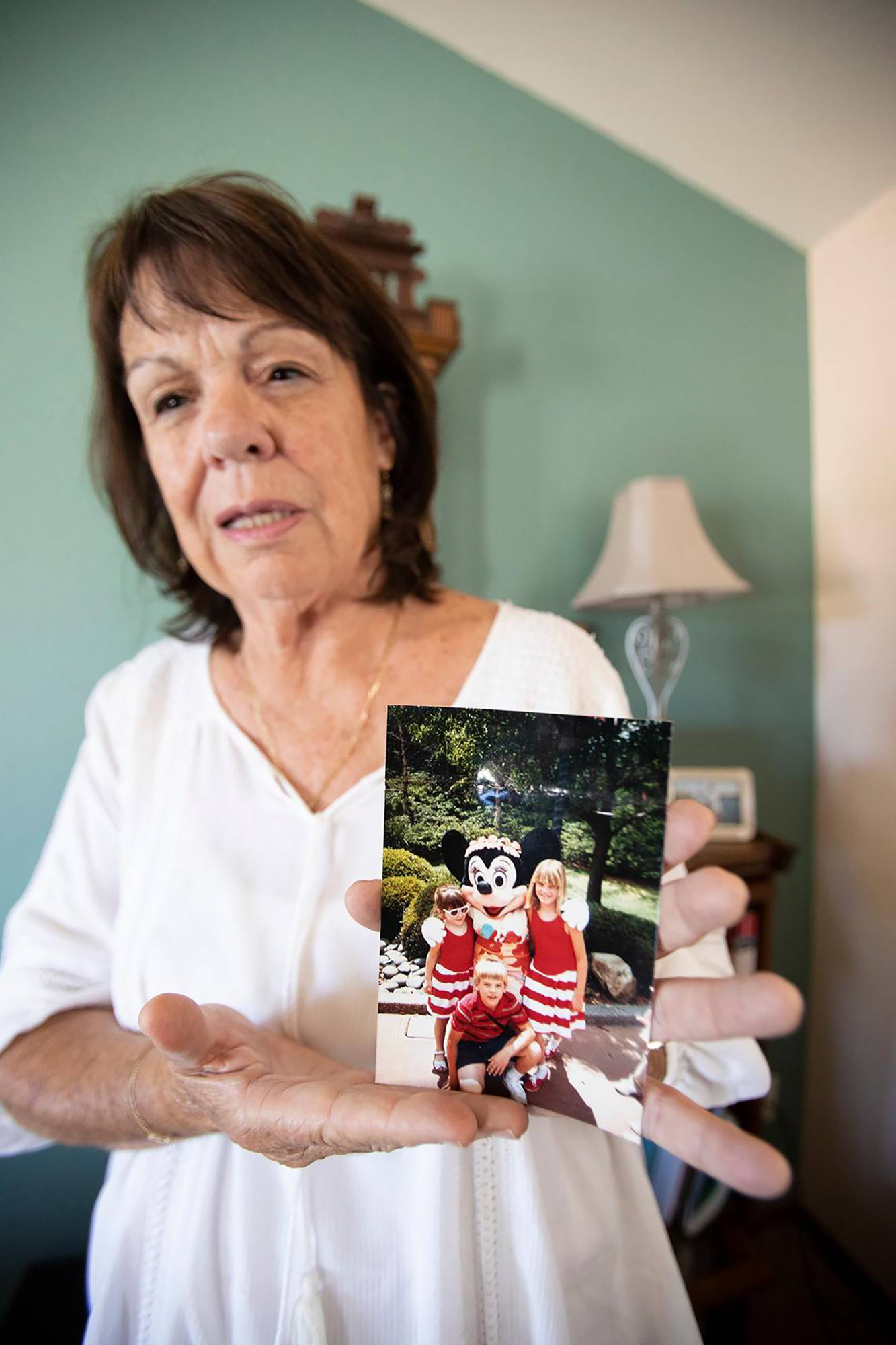
Recently, Jeffrey D. Armstrong, the president of California Polytechnic State University, acknowledged the school should have acted differently in their investigation.
"We are very sorry for what the Smart family has endured. ... We recognize that things should have been done differently," he said in a statement.
The Smart family said they are still left with the void that won't be filled and the pain of never burying their daughter.
"Today is a day not really of joy. It's a day of relief that Kristin's voice was heard," Denise Smart, the victim's mother, said after the sentencing.




